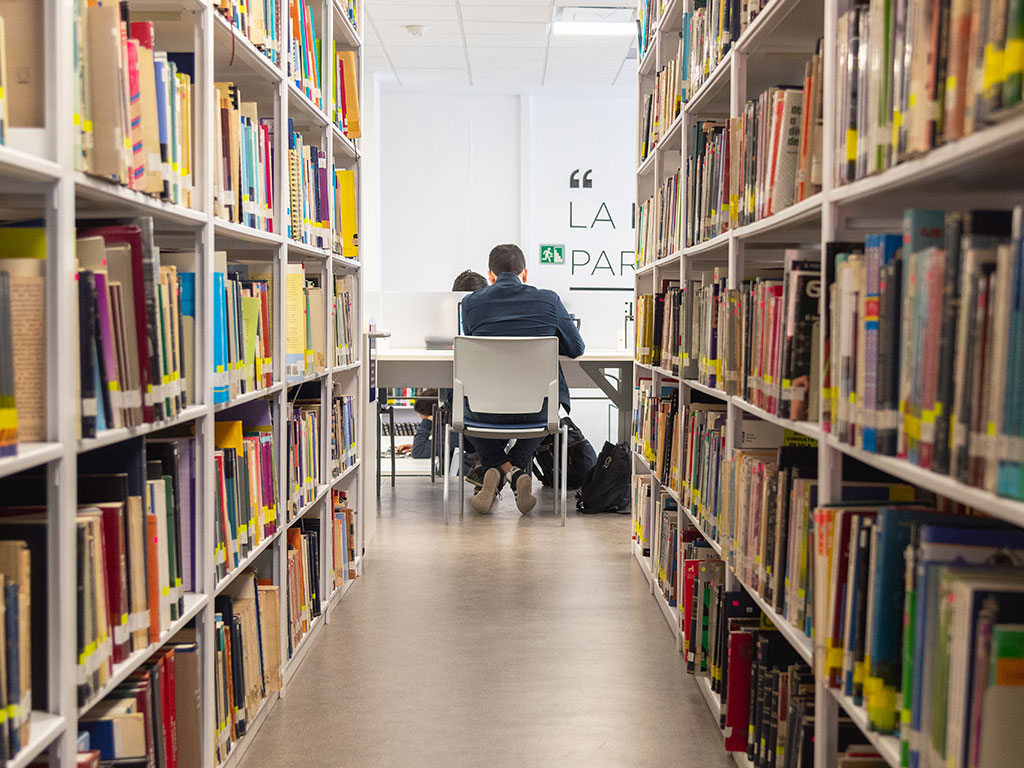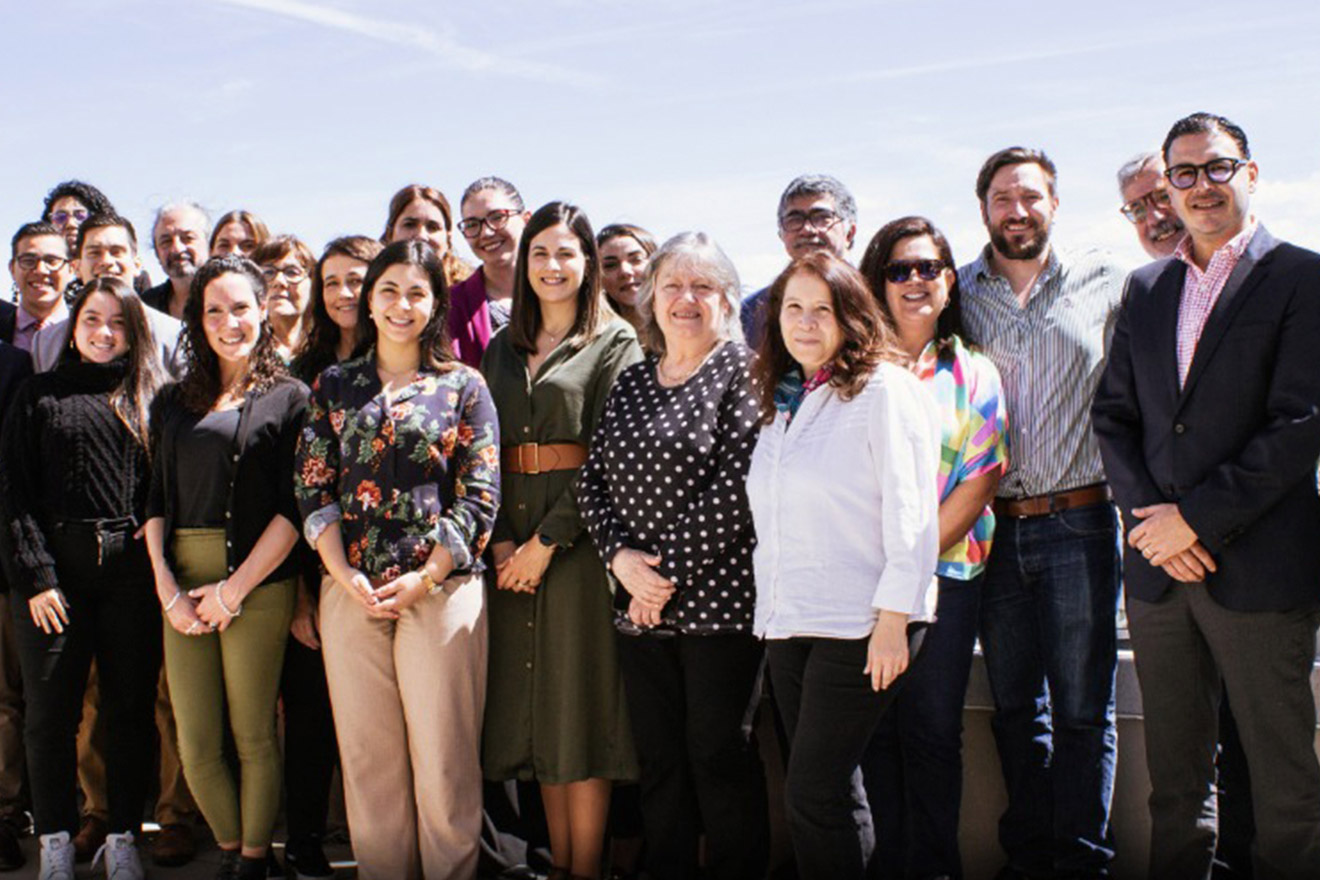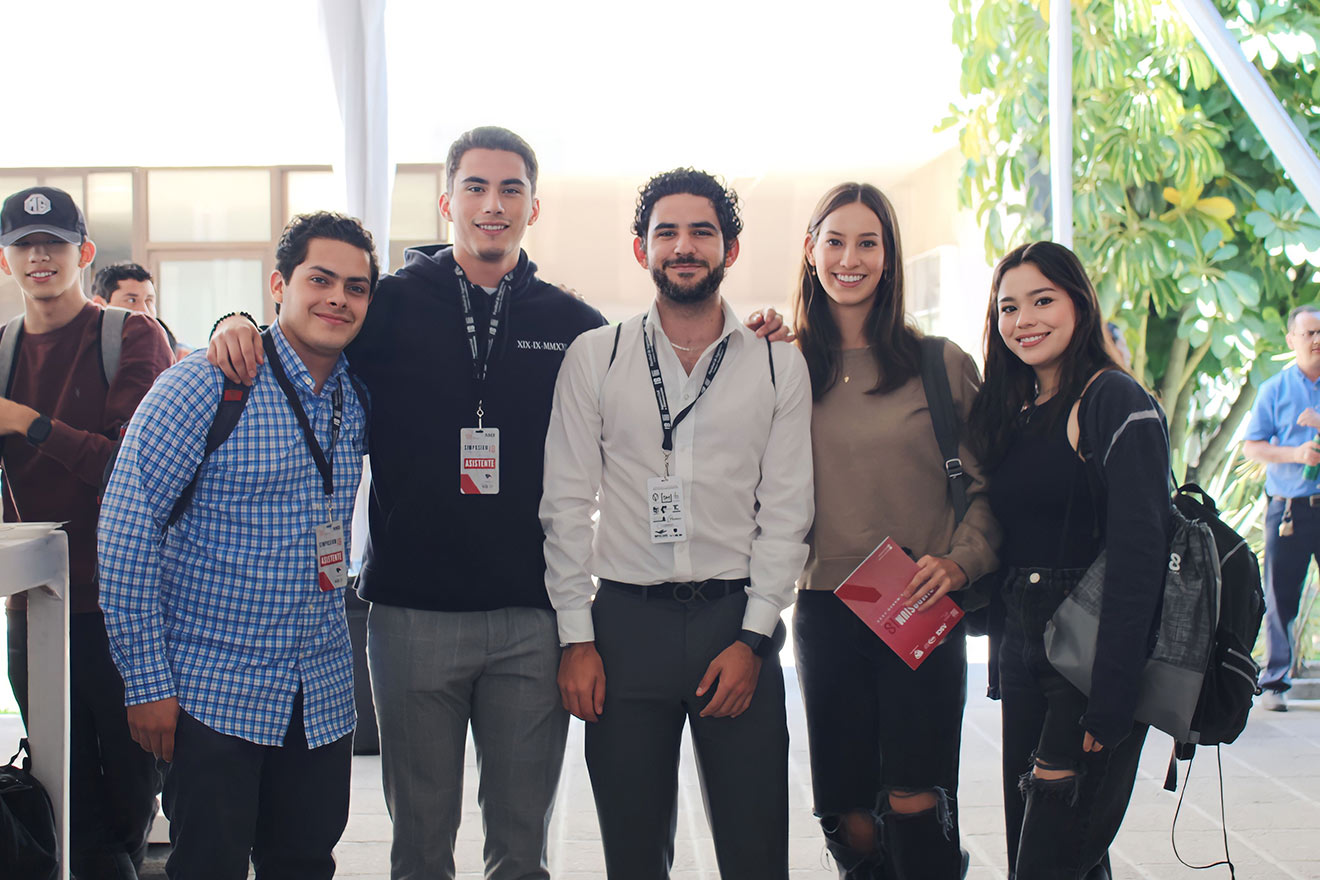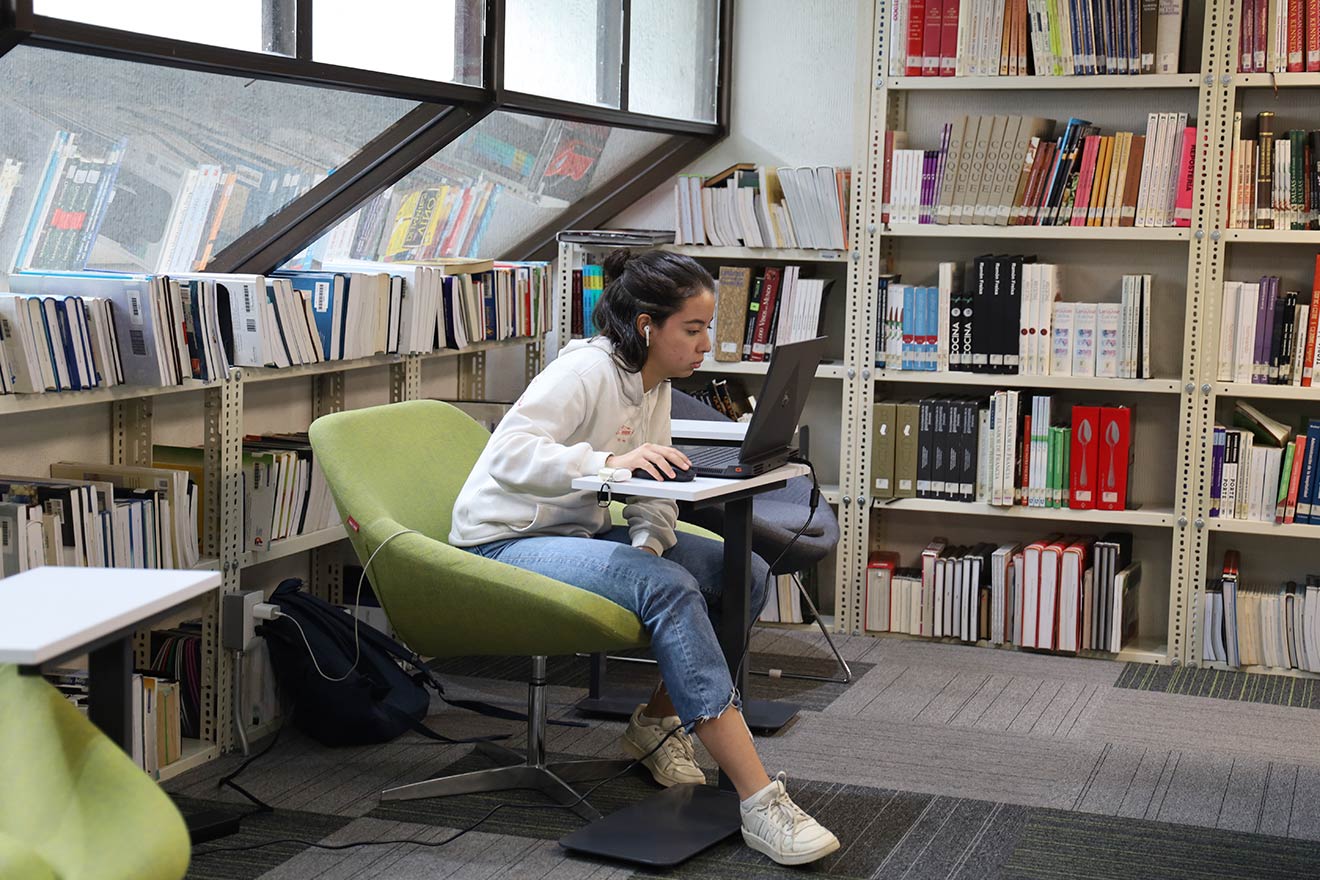Mexico City, October 23, 2023 - Since 1997, every October 24, Libraries Day has been celebrated to commemorate a surprising event: the burning of the Sarajevo Library in 1992, on the orders of the Serbian nationalist politician Nikola Koljevich, who was also a professor of poetry and criticism at the University of Sarajevo.
To commemorate this event, Binnui Navarro Romo, academic analyst at the Biblioteca campus México, interviewed two academics from the Universidad PanamericanaLuis Alberto García Barrón, coordinator of education at the School of Psychology, and Dr. Leonardo Ramos-Umaña, professor at the Institute of Humanities. The lines of research of both are relevant to the question: How can a university community prevent itself from such surprising deviations in the course of its history?
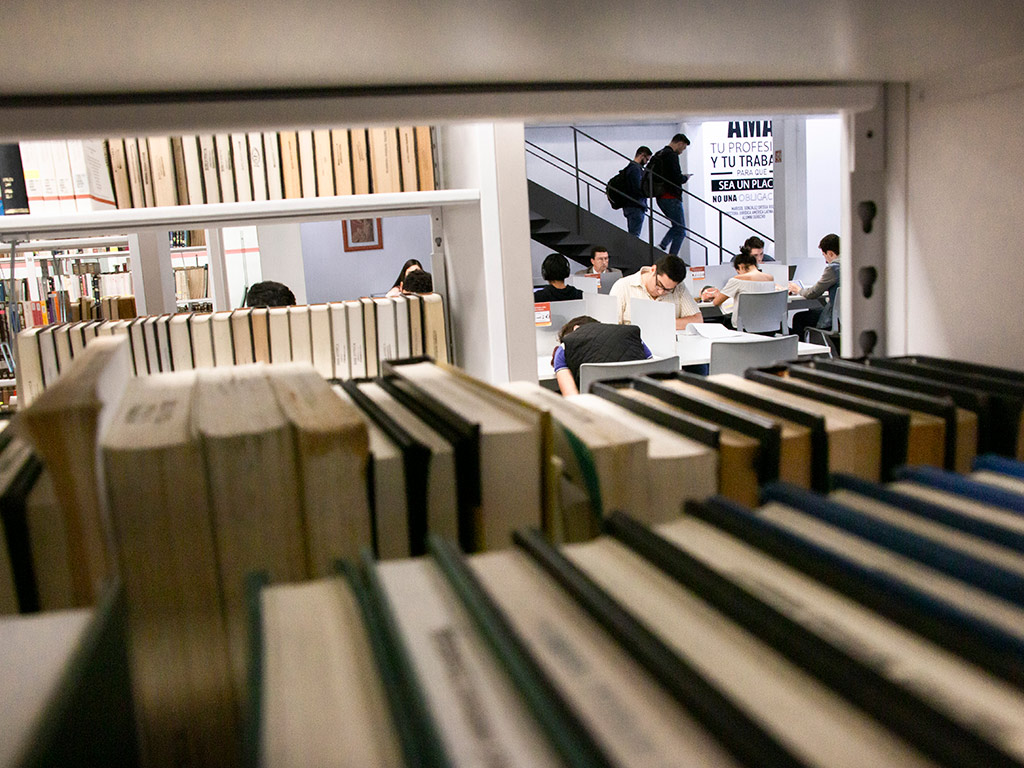
Assimilate and build
Mtro. Luis Alberto García Barrón, spoke to us about "open solidarity" from the narrative art for moral education. The meeting of social psychology and the practical philosophy of the ancients in a single discussion provides us with a common horizon of guides to deepen our understanding and take action in the face of events such as those in Sarajevo.
"In the case of what happened in Serbia and in many other moments where we see that people, even intellectuals, have advocated this idea of ending certain cultural traditions, what I see is a freezing of memory that, in reality, is a dismemory," explains Mtro. Luis Alberto.
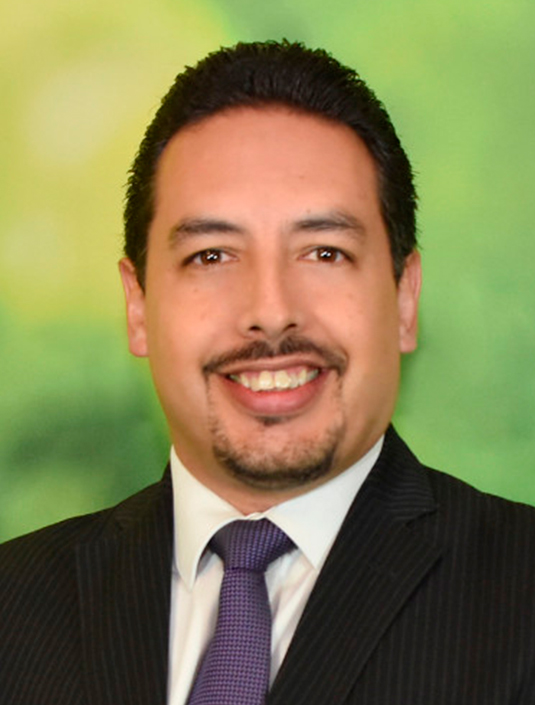
He also states: "forgetting makes it impossible to build any kind of ethical education. Now that everything is going so fast, also in the educational field, and there are no spaces for reflection, orality and dialogue, in which we could find an antidote so that what happened in Serbia, and in so many other places, does not happen, what I propose is precisely to look for that space and maintain slowness of thought that allows us to assimilate and build that narrative and collective form that keeps us very alert to oblivion".
However, on the above, he says: "The problem is that, in education, many times what happens in the classroom ends up being the teacher's version or a certain educational vision (...). Utopically, I would like to rethink the idea of incorporating the narrative exercise again".
"It is not so much the fact that children and young people read, this already happens. But the fact that they are able to build new narratives in community and get used to the exercise of storytelling," he adds.
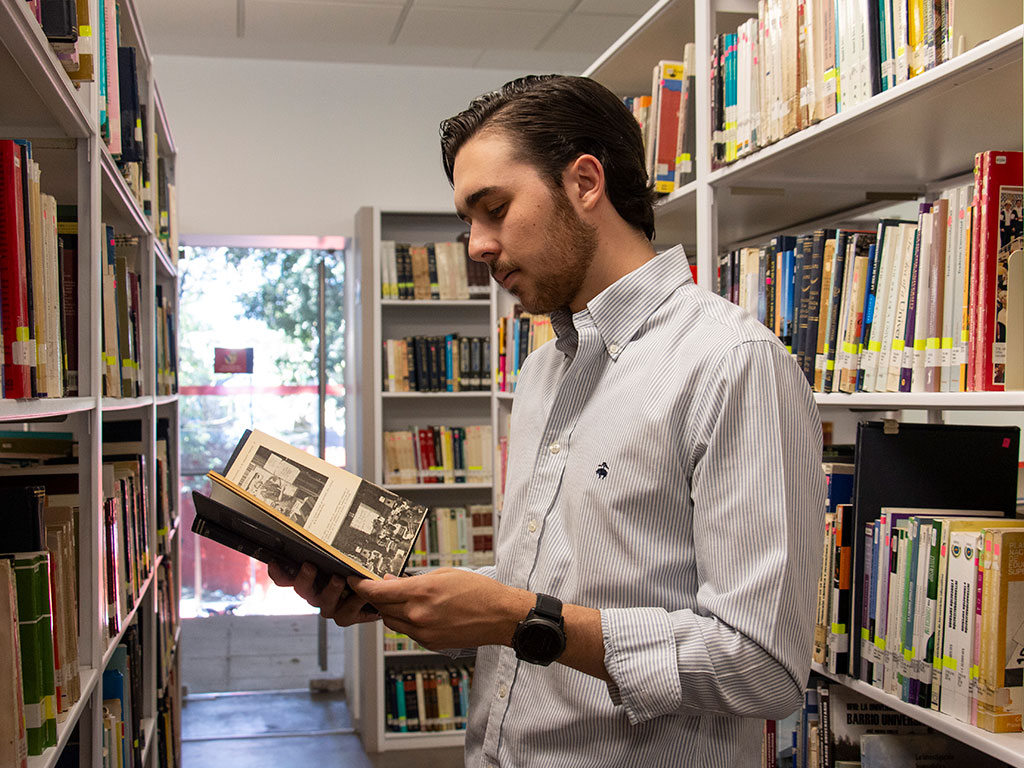
Good living
Dr. Leonardo Ramos-Umaña has extensive research on the relevant answers that ancient vocabularies can give us about the "good life" for contemporary contexts.
In this way, he explains the importance of reading by referring to a phrase from Meditations, by Marcus Aurelius, which says: "Put away your thirst for books, so as not to die grumbling, but truly resigned and thankful from the heart to the gods".
Dr. Ramos recognizes that this is a controversial phrase, however, he clarifies: "I believe that the idea behind Marcus Aurelius' phrase is not, as it seems prima facie, an attack on reading books(...) Rather, it is a vindication to read with serenity, that is, to take the time to read a text, digest it and, only then, take advantage of it".
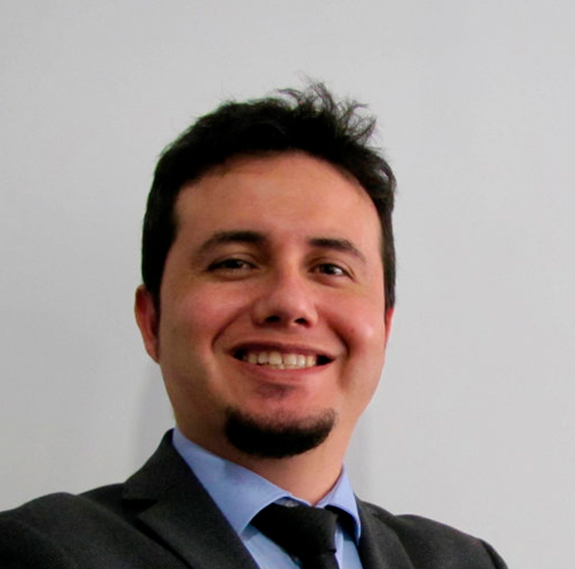
"Effort is a habit, and how to promote that effort if educational policies encourage precisely the opposite?", the academic questions. Thus, he reveals, "Between the abuse of the word 'empathy' and the understanding of the student (...) as a subject of all rights, but of no duty, we are fostering entire generations condemned to lifelong minority, (to use Kant's words in What is Enlightenment?)."
Likewise, Dr. Ramos points out that: "The valuable preservation of classical sources consists in keeping alive the thought that lies therein(...) No book is the revealed truth, they are simply shoes that we can use in our own path towards the revelation of the truth, of our truth".
Finally he concludes: "Only what is not alive does not change and philosophy is living thought, philosophy is the life of thought".
UP Library seeks to produce a culture of intellectual cooperation and dialogue, learn more at: https://biblio.upmx.mx/home/index.html
